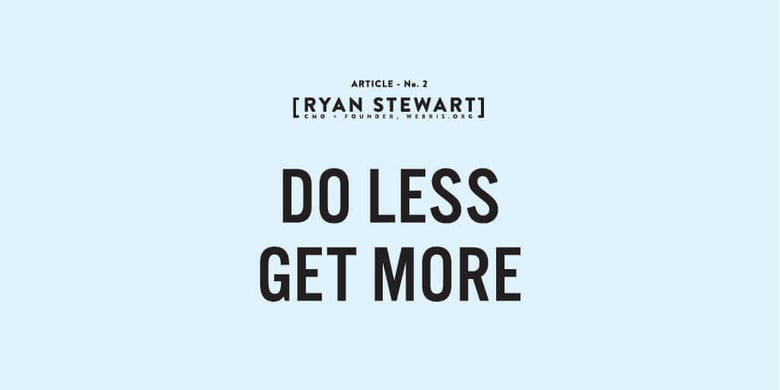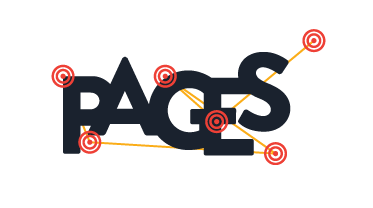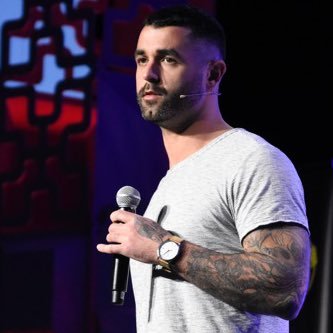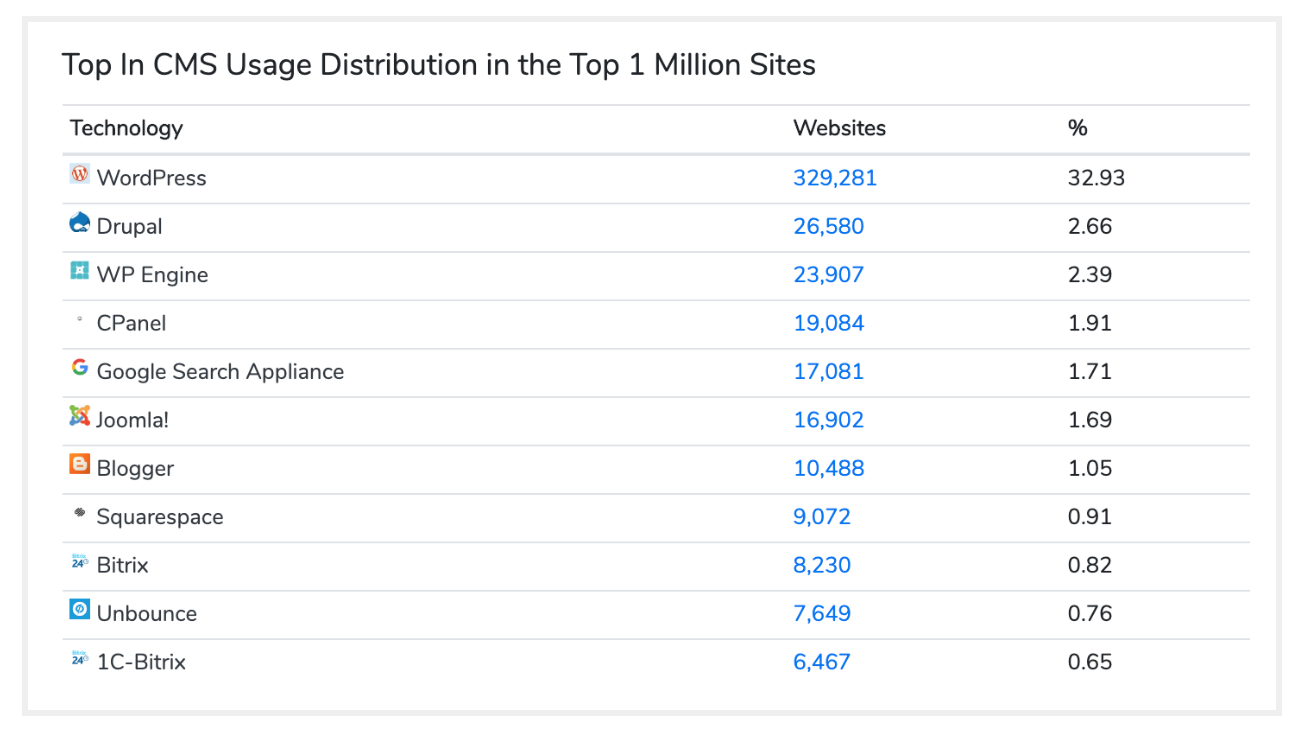
SEO is a complicated service. Even with advancements in software, it requires a lot of human effort to get results. Add to that the “shiny object syndrome” our industry is inundated with—a rash of headlines and new tactics that make us feel like we’re not doing enough—and suddenly we have fallen into the trap of thinking we need to alter our services constantly in order to keep up with the Joneses.
Machine learning. Python. BERT.
Don’t fall into the trap of thinking you have to constantly alter your service to keep up with the Joneses.
I’ve been waiting for just the right platform in which to deliver my thoughts on the subject and so here we are: the SEO industry needs to take a collective breath and just relax.
The key to SEO success isn't doing more. It’s doing less.
It’s mastering the core elements — going deep, not wide.
This article will discuss my process of running high-quality, high-performing SEO campaigns, at scale.
The high-level framework
Let’s start by breaking SEO down into its simplest form...what should we focus on?
1 - Ensure the technical health of your website.
Way too many SEOs get caught up chasing headlines. This is a huge issue that causes analysis paralysis with SEO professionals.
The contributors to these sites with catchy headlines are usually in-house SEOs or staff-at-large agencies. These folks are working with enterprise sites where technical SEO is critical.
These articles don’t represent the majority of the web. The majority of the web is operating on small, easily-optimized platforms like WordPress.
Don’t overcomplicate technical SEO. Google’s Webmaster Guidelines will provide more than enough information for you.
These guidelines are all about fast, mobile, easily-accessible websites that speak to your target audience. This is sound information right from the horse’s mouth.
2 - Populate your site with useful information.
If your website can’t attract and retain visitors with content, it’s not going to rank well in search engines. This is a simple fix — build your content around keywords that are optimized for search but digestible for humans.
From an execution point, this means keyword research, on-page optimizations, and well-created content (written, video, images).
3 - Promote your website...hard.
If you can button up your technical elements and content targeting, SEO is just a popularity contest. We have to prove to Google that our websites are desirable for searchers.
We do so by getting attention from other websites (links) and building a reputation (branded search).
If you can do these three things, then you will have organic success. It might take some time, depending on the standing of your website at that moment and what the competition is doing, but if you can take care of these three basic SEO tasks, you will start getting more traffic from Google.
The 80/20 rule of SEO Campaigns
There are six elements of the SEO service that you’ll need to master in order to get the most results for your client's websites. I call this the 80/20 rule of SEO campaigns.
1 - Technical Corrections
If your client's website has some sort of technical issue, it will not let it rank in the index properly.
Find and fix technical issues like:
- Indexation issues (canonical, NOINDEX tags, etc.)
- Low-quality pages from the index
- Status code issues (404s, 301s, etc.)
- Duplicate content
- Poor mobile experience
- Shady backlinks
- Confusing navigation
- Poorly-optimized images
- Improper redirects
- Messy URL structure
- High page load time
- Improper or nonexistent use of structured data markup
- Unoptimized flash-based webpage elements, etc.
2 - Keyword Research
Make sure that your client's website is targeting the right keywords, and if the keyword competition is too great, find less competitive keywords and build content around them.
3 - On-page Optimizations
Optimize body text, multimedia, page titles, meta descriptions, schema markups — basically anything that goes into building a page.
4 - Content Strategy
I like to break the content strategy into two parts.
1 - Keyword research and on-page optimizations for the existing assets that the client has — the low-hanging fruit. Think of optimizing product pages, service pages, software landing pages, etc., for whatever they are selling.
2 - Building new assets. This is where content creation comes in. We want to rank for our bottom-funnel keywords by creating content that can get our clients more revenue.
There is a whole lot more traffic out there that we can get by building additional pages. Find new keywords, build content around them, and get more traffic.
5 - Content Creation
I outsource content creation and advise you to do the same. It is a big area, and a very subjective one at that. You do not want to get bogged down by the subjective opinion of your clients for the content that you create for them.
There are online businesses that specialize in content creation, and it is much easier to ask your client to hire out their content creation needs.
6 - Link Acquisition
Link building has become so labor-intensive that it is basically like having a service inside of a service like SEO. SEO is already a lot of work and link building is just as much work.
You need a separate team of people, a separate skill set, a separate project manager, and a separate plan just to execute it properly.
So unless you are doing more than a couple of million in revenue, I believe that you should outsource it. Doing otherwise, due to the nature of this kind of work, will hinder your growth as an agency.
So, from these six core elements of an SEO campaign, you basically need to master the first four mentioned above to produce great results for your clients. These critical elements of an SEO campaign need to be taken care of to ensure success in the shortest amount of time.
If you can do these elements well and figure out how to outsource content creation and link acquisition, you’ve got a million-dollar business.





